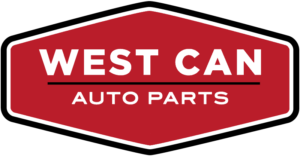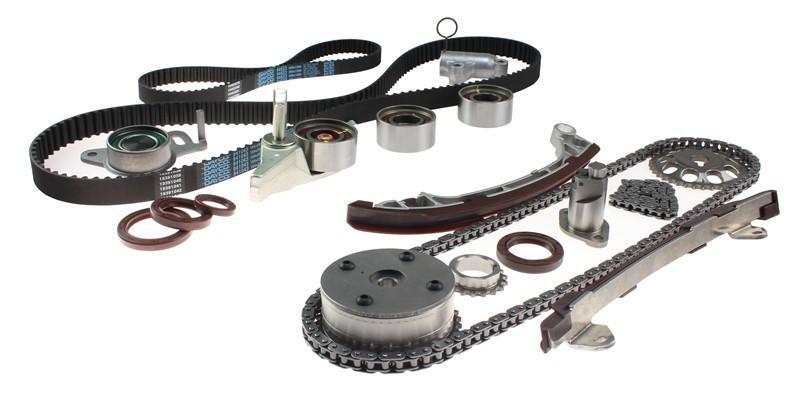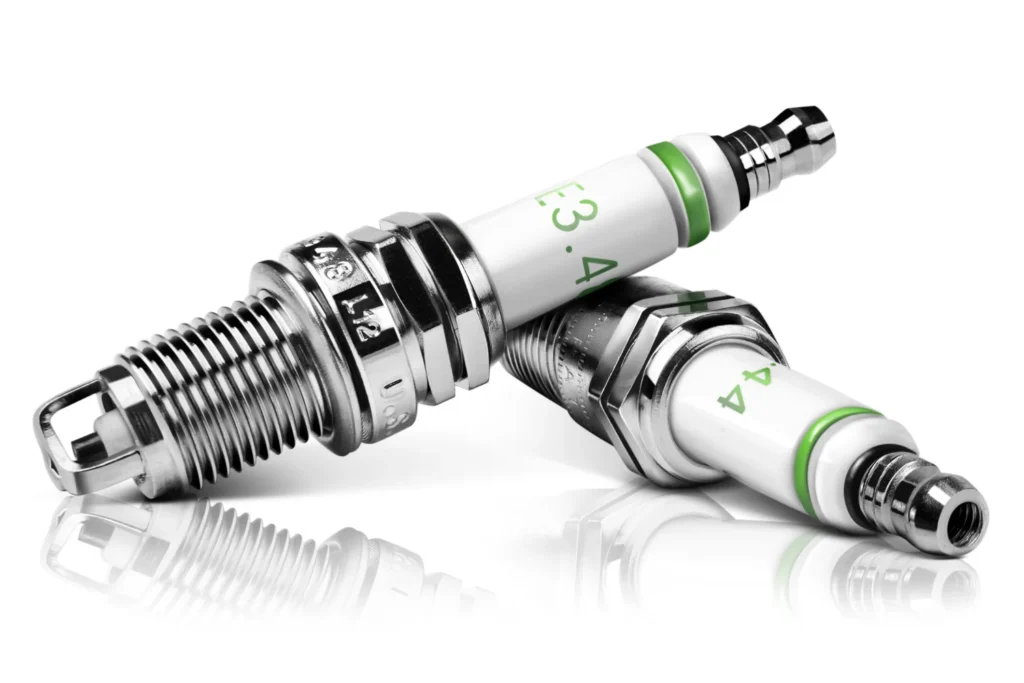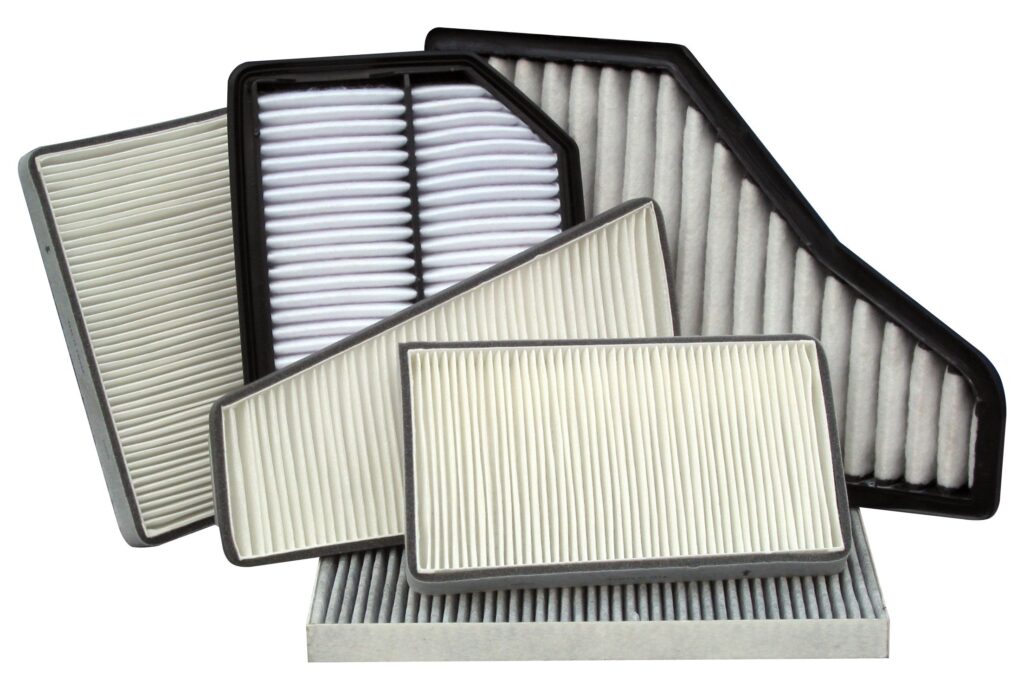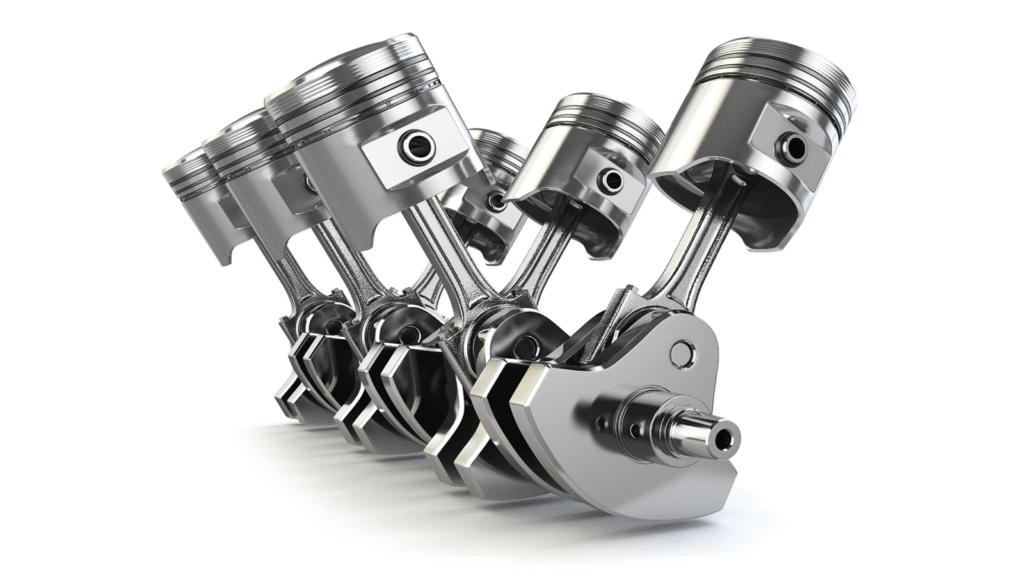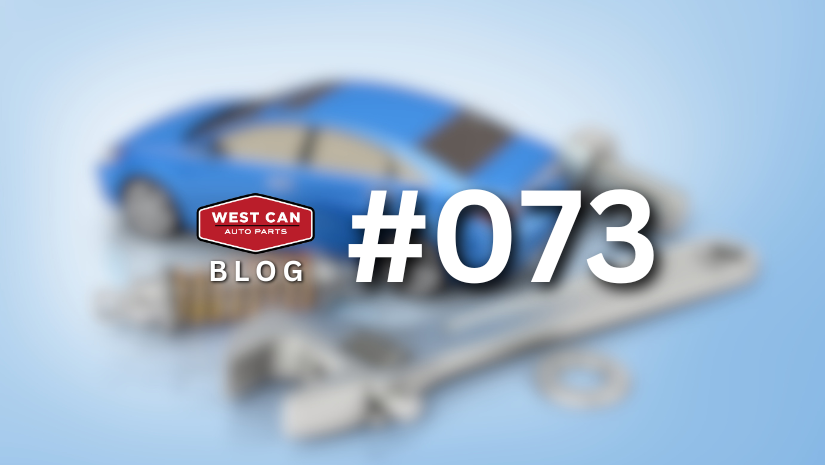
Similar Posts
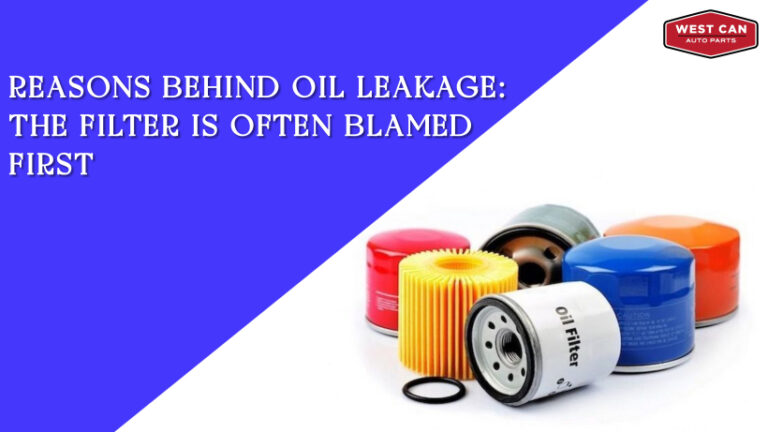
Reasons Behind Oil Leakage: The Filter is Often Blamed First
Sharing is CaringOil leakage in a vehicle is a common but concerning issue that can lead to serious engine damage if not addressed promptly. While there are several potential causes of oil leaks, the oil filter often gets the initial blame. Understanding the reasons behind oil leakage and the role of the oil filter can…
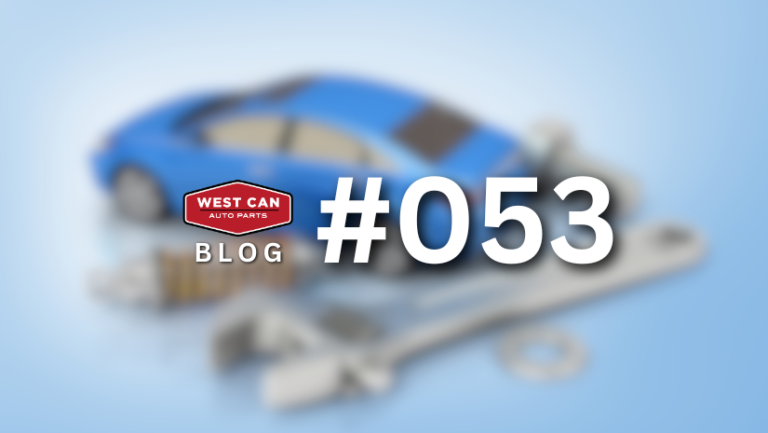
How to Upgrade Your Headlights for Better Visibility at Night
Sharing is CaringThe Importance of Headlight Visibility Driving at night or in low-visibility conditions demands clear, powerful headlights. Dull, foggy, or outdated headlights don’t just reduce visibility—they compromise safety. Upgrading your headlights not only enhances your ability to see the road but also ensures that other drivers can see you more clearly. Common Headlight Issues…
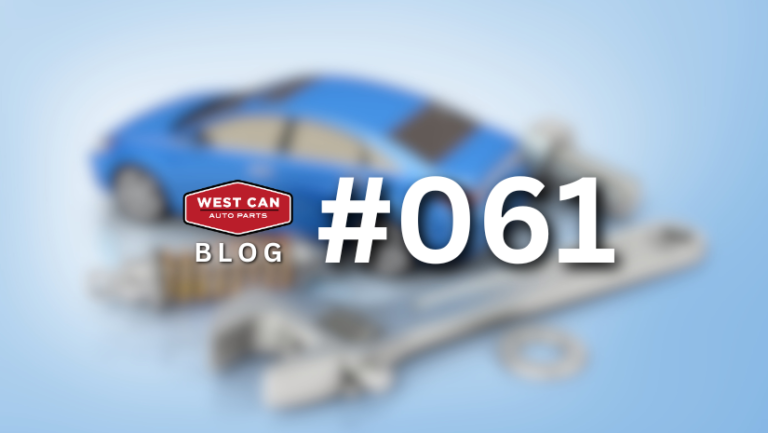
How Alternators and Starters Work Together to Power Your Drive
Sharing is CaringEvery time you start your car and take off down the road, there’s a carefully orchestrated electrical dance happening under the hood. Two unsung heroes—the starter motor and the alternator—are at the heart of that performance. Without them, your car would be dead silent or left powerless within minutes. In this article, we…
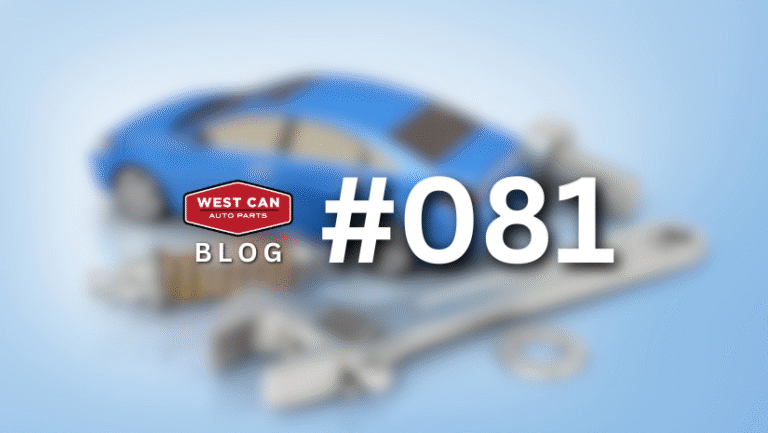
Top Signs Your Car Battery Is Dying and How to Prevent a Breakdown
Sharing is CaringYour car battery might seem small compared to the engine or transmission, but it’s the heart of your vehicle’s electrical system. It powers everything from your headlights to your ignition system. Yet, most drivers don’t think about their car battery—until their car refuses to start. The truth is, batteries rarely die without warning….
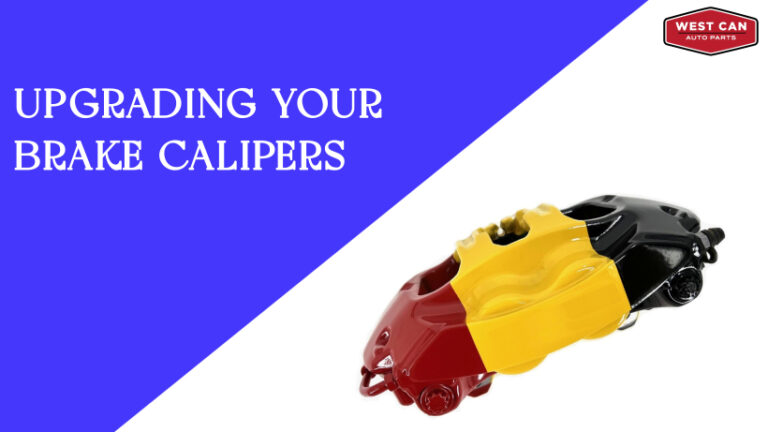
Upgrading Your Brake Calipers: What You Need to Know Before Making the Switch
Sharing is CaringBrake calipers are vital components of a vehicle’s braking system, responsible for applying pressure to the brake pads, which then make contact with the brake rotors to slow down or stop the vehicle. Upgrading brake calipers can enhance braking performance, durability, and overall driving experience. However, before making the switch, it’s essential to…
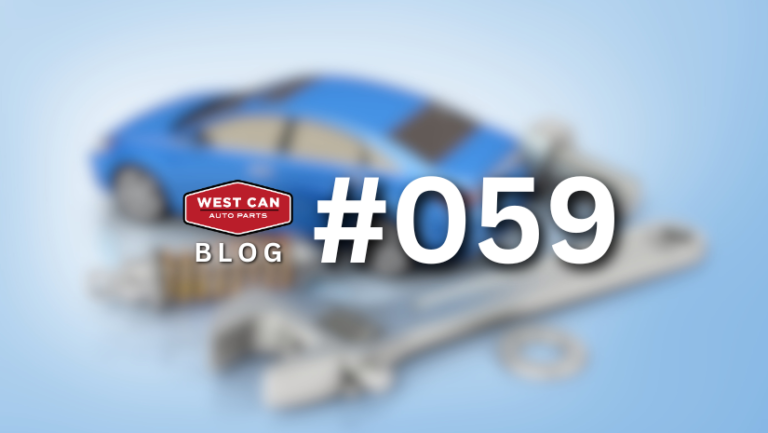
How the Exhaust System Works – 5 Warning Signs Canadian Drivers Should Never Ignore
Sharing is CaringWhether you’re a seasoned driver or just starting out, understanding how your vehicle’s exhaust system works is key to maintaining performance, safety, and fuel efficiency—especially in the harsh conditions of the Canadian climate. In this blog, we’ll break down the major components of the exhaust system and help you recognize the top 5…
